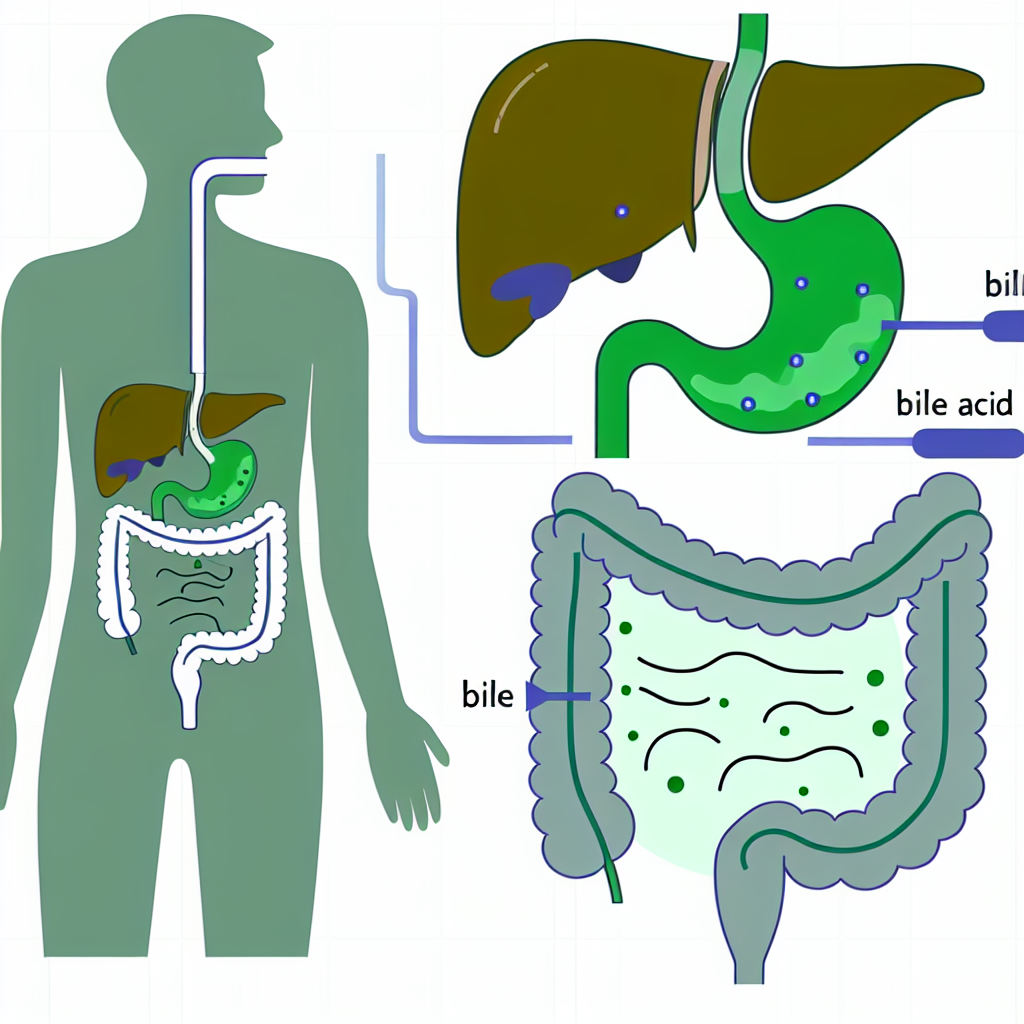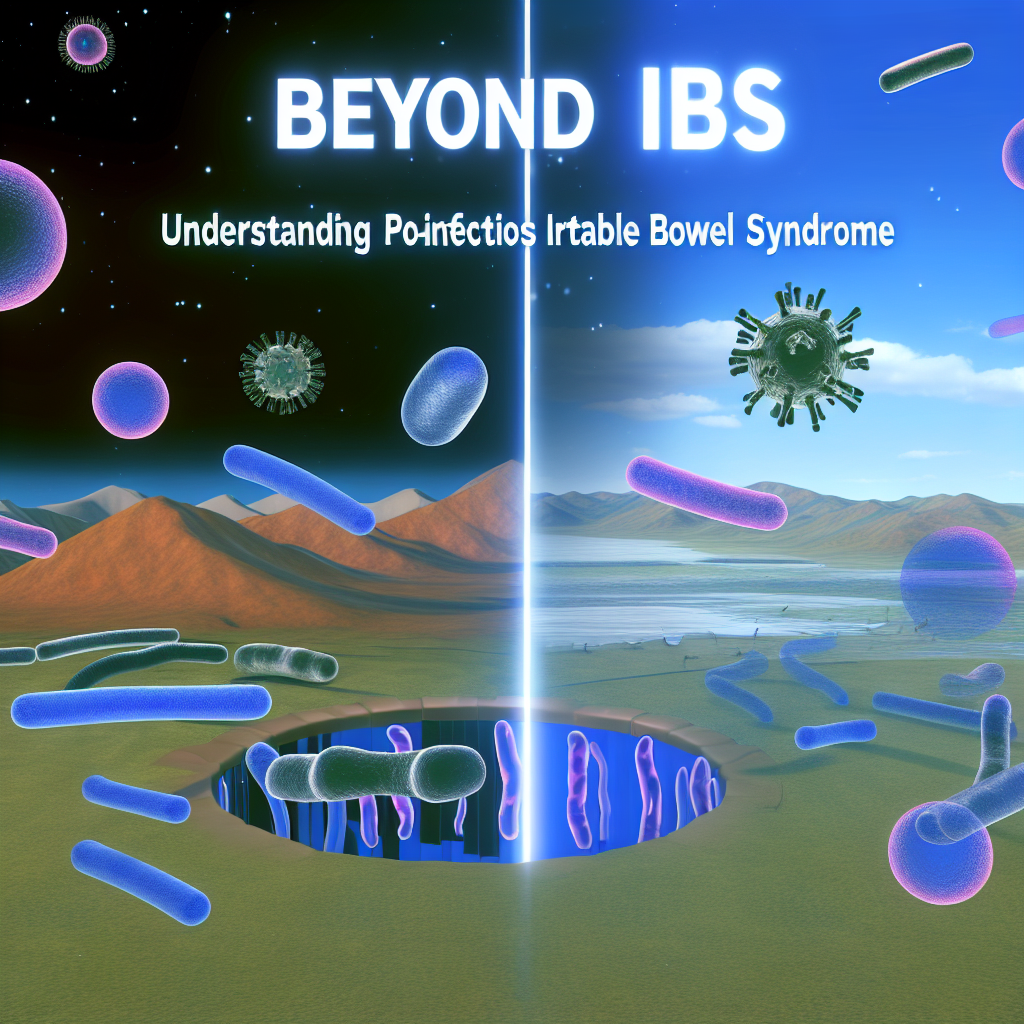East-West Integration: Combining TCM and Conventional Medicine for Digestive Disorders
Discover how blending Traditional Chinese Medicine (TCM) with modern Western practices creates a powerful, holistic approach to managing digestive health.
Unifying Two Worlds for Better Digestive Health
Digestive health lies at the core of overall well-being, impacting everything from immune function to mood and energy levels. With the rise in prevalence of gastrointestinal disorders such as irritable bowel syndrome (IBS), acid reflux, and inflammatory bowel disease (IBD), more people are searching for comprehensive and holistic treatment approaches.
Traditionally, the Western model of medicine has emphasized pharmacological and surgical intervention. In contrast, Eastern practices—especially Traditional Chinese Medicine (TCM)—offer a unique view that focuses on energy flow, balance, and natural healing through herbs, acupuncture, and dietary adjustments.
As the global population becomes increasingly health-conscious and open to integrative care, the strategy of blending East and West is gaining traction. This approach merges the scientific precision of Western medicine with the holistic and preventative philosophy of TCM, creating a synergistic system capable of delivering improved outcomes, fewer side effects, and better overall quality of life for those suffering from chronic digestive conditions.
The TCM Perspective on Digestive Disorders
In Traditional Chinese Medicine, digestive disorders often arise from imbalances in the spleen and stomach organ systems. Dysfunction in the body’s ability to transform and transport food and fluids leads to various symptoms like bloating, pain, and fatigue. TCM terms such as “damp heat,” “Qi stagnation,” and “cold in the stomach” describe these imbalances and are treated with precise herbal formulations and acupuncture techniques.
Formulas like Bao He Wan (for food stagnation) and Shenling Baizhu San (to strengthen the spleen and eliminate dampness) target the root causes rather than just the symptoms. Acupuncture treatments often stimulate specific meridians—like those of the Stomach, Spleen, and Large Intestine—to restore balance and function.
Though these concepts may seem abstract or metaphorical in Western frameworks, emerging research is beginning to validate the physiological benefits of TCM practices, making it a valuable ally in digestive health management.
The Strength of the Western Medical Model
Conventional or Western medicine excels in acute care, offering sophisticated diagnostic tools like imaging, lab tests, and evidence-based treatments, including pharmaceuticals and surgery. These interventions can be lifesaving and provide rapid symptom control, especially in acute digestive conditions such as GERD flare-ups or Crohn’s disease exacerbations.
However, for chronic functional gastrointestinal disorders—conditions that persist without clear underlying pathology—Western medicine sometimes falls short. Conventional treatments may mask symptoms without addressing the underlying cause, leading to recurring issues or dependencies on medication.
Integrative Approach: Strength in Synergy
This is where integration becomes truly powerful. By leveraging the diagnostic accuracy and immediacy of Western medicine with the root-cause-focused, lifestyle-centered care model of TCM, we achieve a more complete healing paradigm—one that looks at the person as a whole, rather than a list of symptoms.
Let’s explore the evidence.
Proven Benefits: What the Research Says
Evidence for the integration of TCM and conventional medicine is steadily growing, particularly in the field of gastroenterology. Below are several clinical studies supporting the benefits of a combined approach:
- A 2015 meta-analysis in the Journal of Traditional Chinese Medicine found that TCM herbal formulas like Tong Xie Yao Fang and Shenling Baizhu San significantly outperformed placebos (and, in some cases, standard drug therapy) in alleviating IBS symptoms like abdominal discomfort, bloating, and irregular bowel movements. These herbs also showed positive effects on gut microbiota and permeability. [Read Study]
- A 2018 electroacupuncture study published in the World Journal of Gastroenterology demonstrated that patients experienced marked reductions in IBS symptoms due to autonomic modulation and reduced visceral hypersensitivity. Notably, this group also had less reliance on medication over time. [Read Study]
- A randomized controlled trial in the Chinese Journal of Integrative Medicine explored the combination of proton pump inhibitors (PPIs) with classic TCM bitter herbs in GERD patients. Results showed better symptom control and reduction in side effects associated with chronic PPI use, including dysbiosis. [Read Study]
Integrative Gastroenterology: A Growing Specialty
Integrative gastroenterology—once a niche concept—is now emerging as a recognized subspecialty. Institutions like the Academy of Integrative Health & Medicine (AIHM) offer certifications, and academic hospitals across the U.S. have begun to open integrative health wings featuring acupuncture, nutrition counseling, and herbal medicine services alongside conventional care.
Patients are increasingly drawn to these multidisciplinary settings because they provide individualized, compassionate, and mind-body-inclusive care. Early data show these holistic models improve patient satisfaction, reduce reliance on medications, and yield better long-term management of chronic digestive issues like IBS, GERD, and IBD.
Conclusion: A Vision for Holistic Gut Health
Blending the diagnostic precision of Western medicine with the preventative, personalized approach of Traditional Chinese Medicine marks a pivotal shift in the treatment of digestive disorders. While conventional practices excel in acute care and definitive testing, TCM brings in lifestyle optimization, stress reduction, and deep-rooted healing strategies.
The result? A more complete, evidence-supported, and compassionate model of care.
As research continues to validate the effectiveness of integrated treatments, and as more practitioners are trained in both disciplines, the healthcare system is inching toward a new gold standard—one that puts the patient, not just their disease, at the center of care.
Looking to the future, East-West integration offers not just an alternative, but an evolution of digestive healthcare.
References
- Jian-Min L, et al. “Traditional Chinese medicine in patients with irritable bowel syndrome: A meta-analysis of randomized, double-blind, placebo-controlled trials.” Journal of Traditional Chinese Medicine. Link
- Zhang L, et al. “Acupuncture in the treatment of irritable bowel syndrome: A systematic review and meta-analysis.” World Journal of Gastroenterology, 2018. Link
- Wang Y, et al. “Combination therapy using traditional Chinese medicine and Western medicine in the management of gastroesophageal reflux disease: A randomised controlled trial.” Chinese Journal of Integrative Medicine, 2017. Link
Concise Summary:
This article explores the benefits of combining Traditional Chinese Medicine (TCM) and conventional Western practices to manage digestive disorders. It highlights how the precision of Western medicine and the holistic, root-cause approach of TCM create a synergistic model for improved outcomes, fewer side effects, and better quality of life for those with chronic gastrointestinal issues. The article cites research on the efficacy of TCM herbal formulas, acupuncture, and integrated treatments for conditions like irritable bowel syndrome and GERD, demonstrating the growing specialty of integrative gastroenterology.

Dominic E. is a passionate filmmaker navigating the exciting intersection of art and science. By day, he delves into the complexities of the human body as a full-time medical writer, meticulously translating intricate medical concepts into accessible and engaging narratives. By night, he explores the boundless realm of cinematic storytelling, crafting narratives that evoke emotion and challenge perspectives.
Film Student and Full-time Medical Writer for ContentVendor.com




